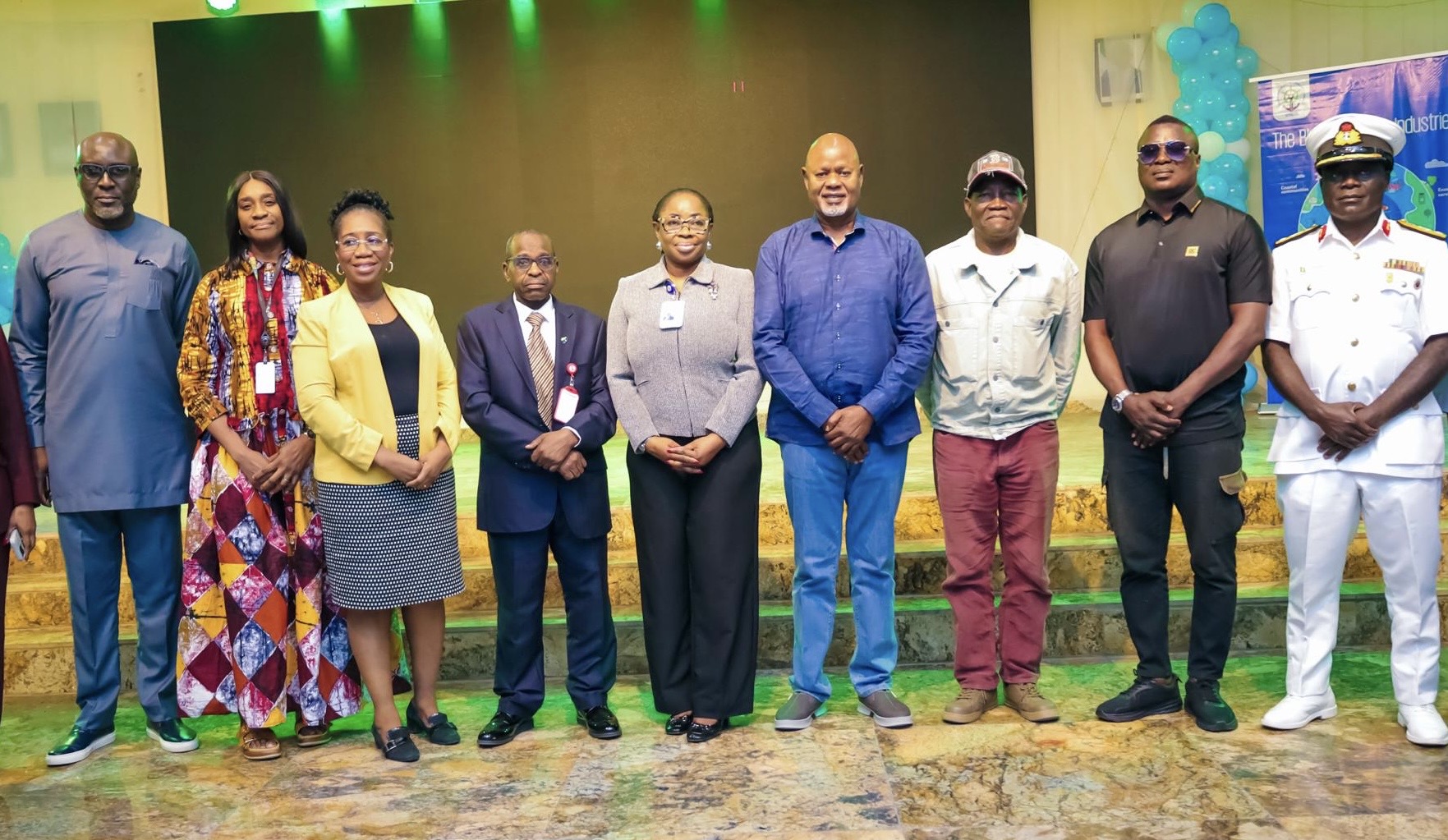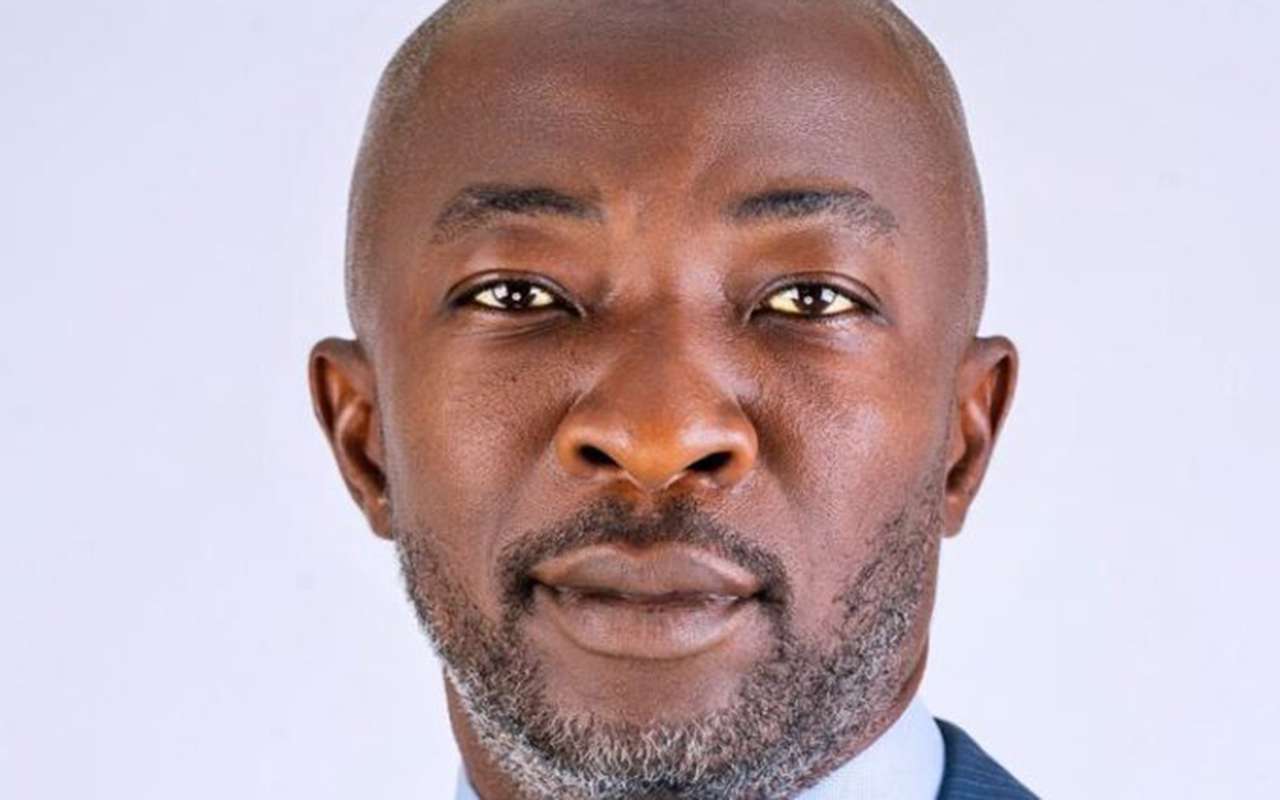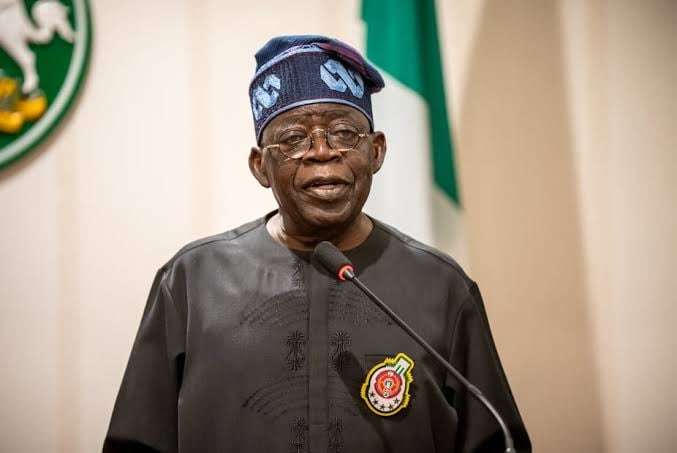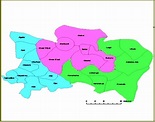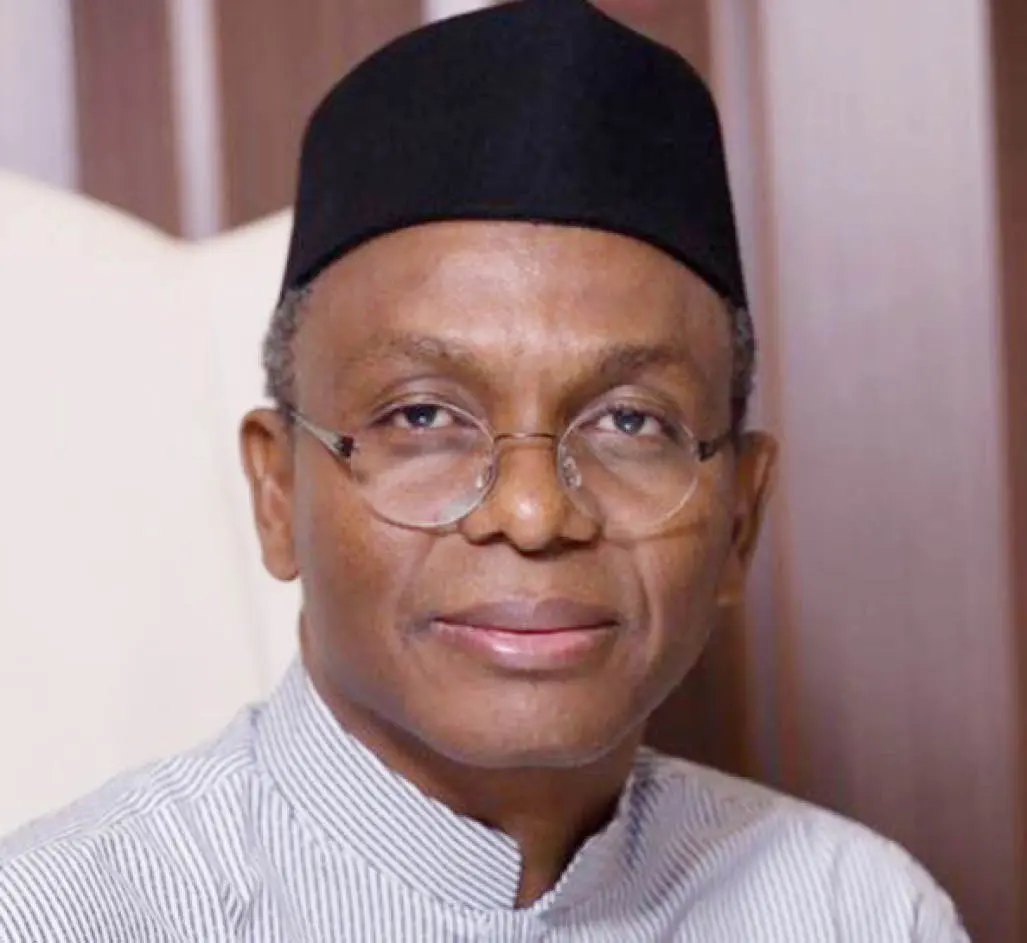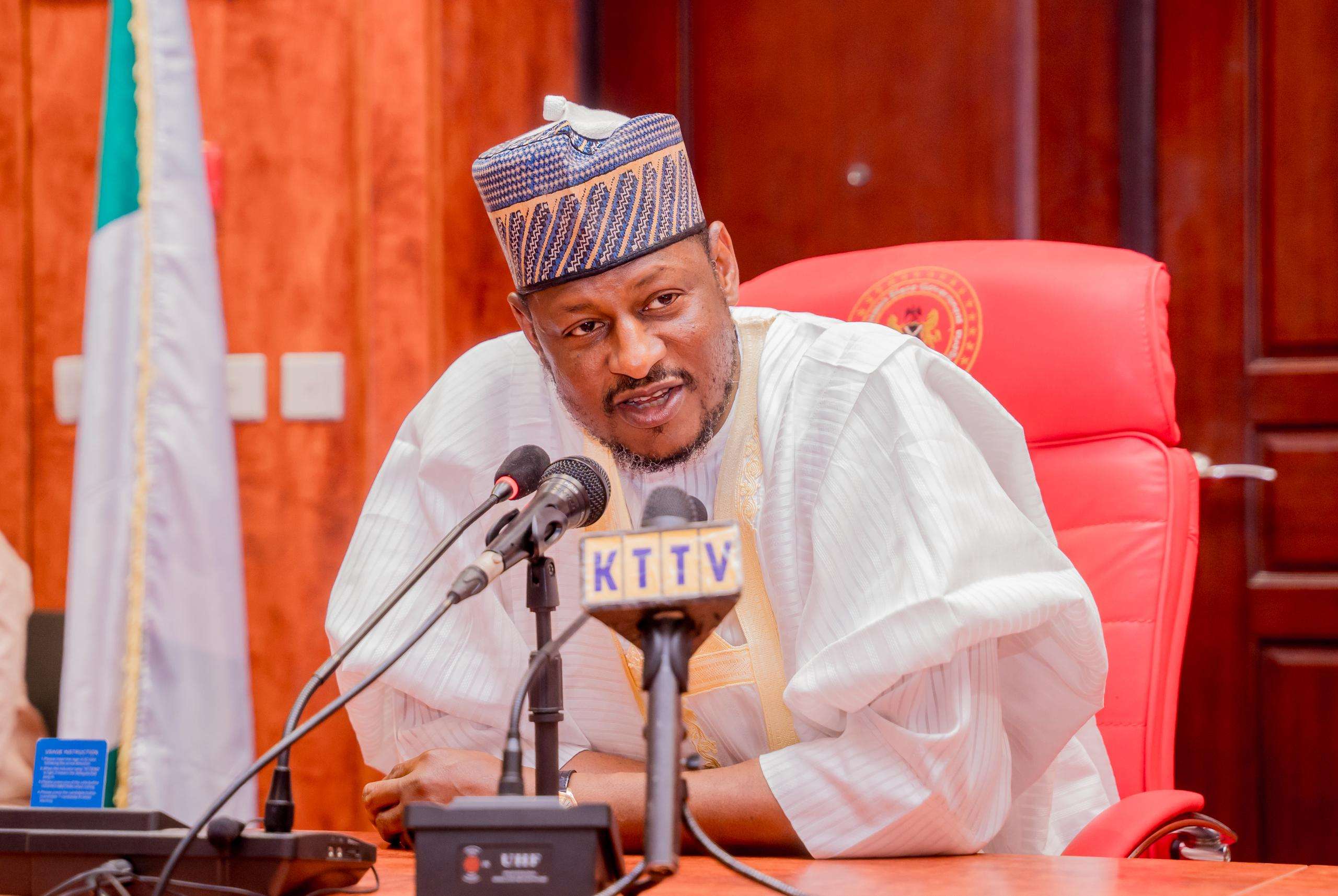President Bola Tinubu on Wednesday conferred posthumous national honours of Commander of the Order of the Niger (CON) on the late Ogoni leaders, Albert Badey, Edward Kobani, Theophilus Orage, and Samuel Orage, collectively remembered as the “Ogoni Four” in what sources in the presidency say marks the first significant step by the Tinubu presidency towards turning that painful history into a platform for reconciliation, environmental justice and shared prosperity.
The post Humous national Honours award was announced a ceremony at the State House, Abuja, where the President received the report of the Ogoni Consultations Committee, with the Rivers State Governor, Siminalayi Fubara leading the delegation.
while calling for reconciliation amongst the Ogoni communities, President Tinubu urged Ogoni communities to seize the opportunity to forge unity and peace.
“May their memories continue to inspire unity, courage, and purpose among us. I urge the Ogoni people across classes, communities, and generations to close ranks, put this dark chapter behind us, and move forward as a united community with one voice,” Tinubu said.
While expressing his happiness at the willingness of Ogoni community to allow the commencement of oil production in the community, the President pledged his administration’s commitment to peace, environmental remediation, and economic revival in Ogoniland.
“I am encouraged by the overwhelming consensus of the Ogoni communities to welcome the resumption of oil production. The government will deploy every resource to support your people in this march towards shared prosperity,” he declared.
President Tinubu noted that in 2022 the previous administration handed operatorship of the Ogoni oil field to the Nigerian National Petroleum Company Limited (NNPCL) and its partners, pledging that his government would honour and build on that decision.
He therefore directed the National Security Adviser, Mallam Nuhu Ribadu, to commence immediate engagements with Ogoni leaders, NNPCL, and all stakeholders to finalise modalities for restarting operations.
Presenting the report earlier, the National Security Adviser, Nuhu Ribadu explained that the consultations engaged all four Ogoni zones as well as the diaspora, with contributions from community leaders, youth, women, and civil society.
Prof. Don Baridam, who chaired the Dialogue Committee, said the report reflects the “collective will of the Ogoni people,” capturing demands for structured participation in oil production, renewed environmental cleanup, and a framework for sustainable development.
He noted that the recommendations provide a blueprint for an inter-agency taskforce involving NNPCL, relevant ministries, and the Ogoni Dialogue Committee to drive implementation.
Answering questions from journalists after, Ribadu reaffirmed Tinubu’s commitment to Niger Delta peace and inclusive development.
“We will strictly implement every directive of the President. Peace is being restored already, and Nigerians will soon see the benefits, not just in Ogoniland, but across the Niger Delta and beyond,” he assured.
Ledum Mitee, prominent lawyer and former President of MOSOP, the honours and commitments represent “a new dawn.”
“We came here to present a report, and we are leaving with hope that something practical is being done. I think it is the beginning of a new dawn for Ogoni and indeed for Nigeria. If only to show that non-violence as a means of struggle succeeds, then Ogoni should succeed. What has happened today gives us a model for reconciliation and peace,” Mitee said.
He cited progress already made in confidence-building measures, including targeted employment, the establishment of a University of Environmental Technology, and plans for an industrial park.
“These are concrete steps, and the direct presidential directive today raises hope not just for our people, but for others to know that non-violence can also succeed,” he added.
Chief Kenneth Kobani, former minister and son of Edward Kobani, one of the slain Ogoni leaders, described the day as deeply emotional.
“What the President has done today shows that Nigeria can actually be a better place. No matter how long it takes, in the end, not only Ogoni but Nigeria as a whole will be better for it. My father and the other three would today be very happy that their sacrifices have been recognised,” he said, while thanking President Tinubu and NSA Ribadu for their efforts.
Oil exploration in Ogoniland was suspended in 1993 following protests against environmental degradation and injustice, culminating in the execution of Ken Saro-Wiwa and eight other activists in 1995.
